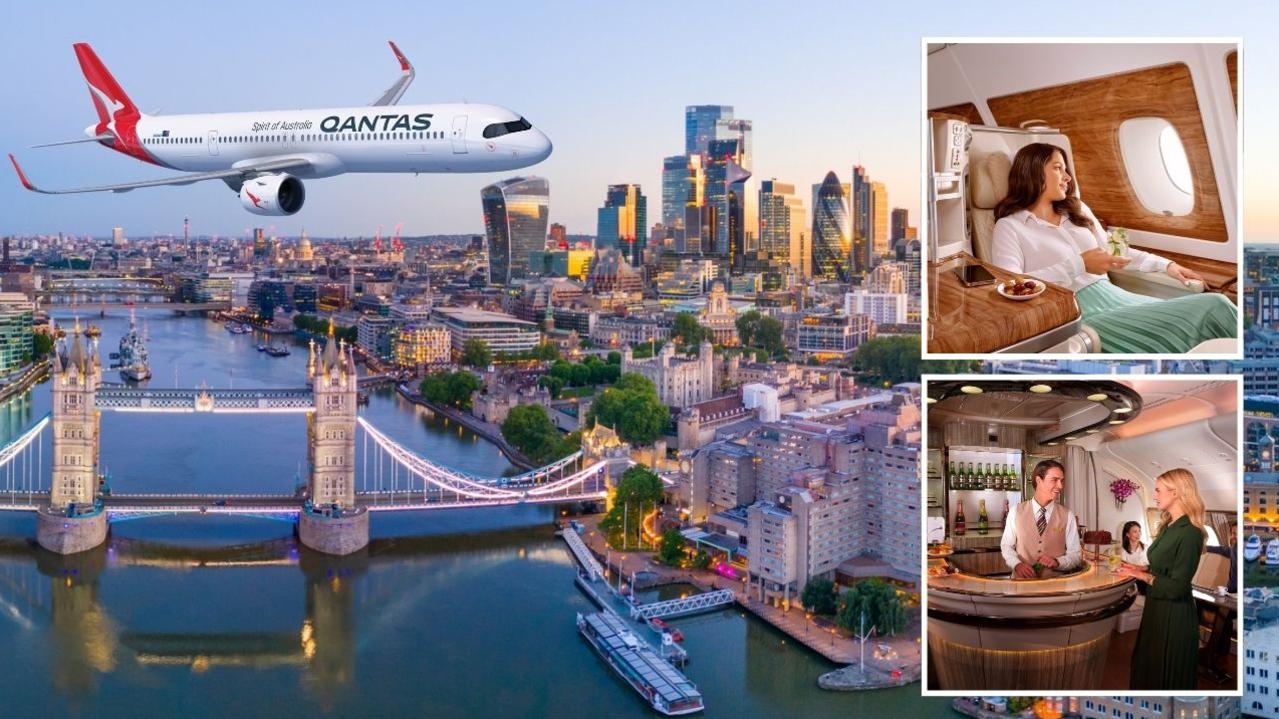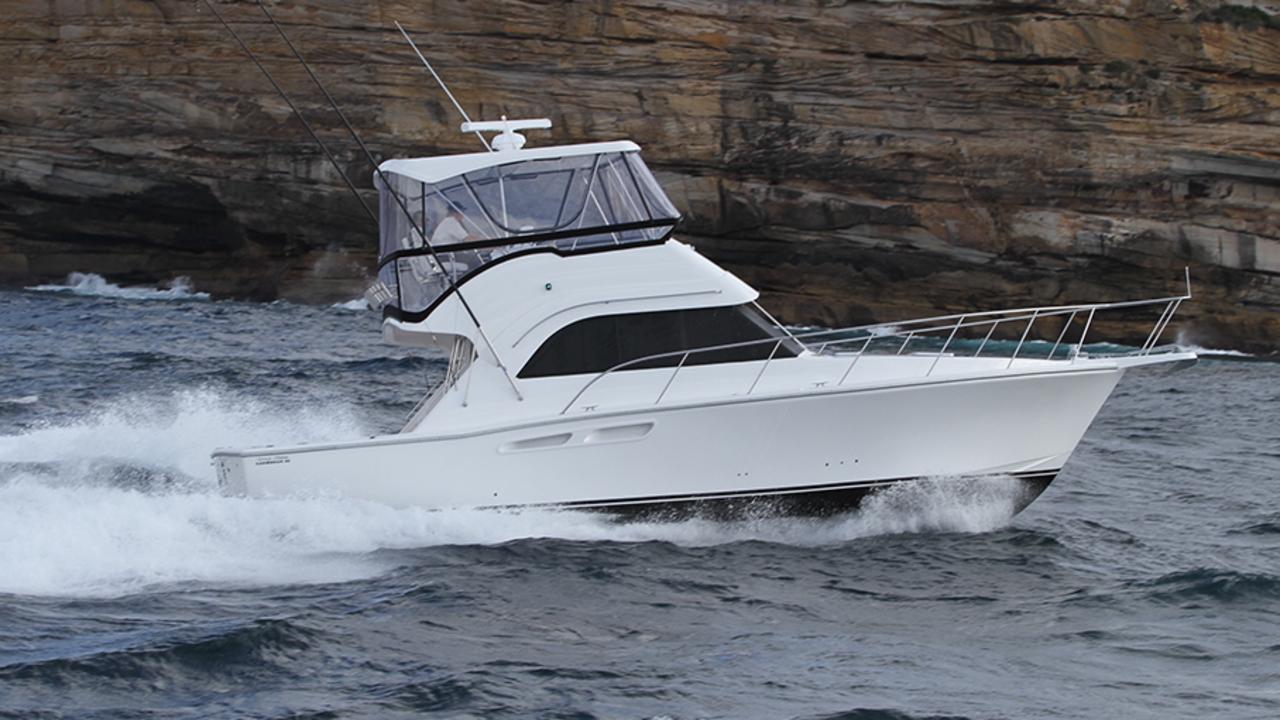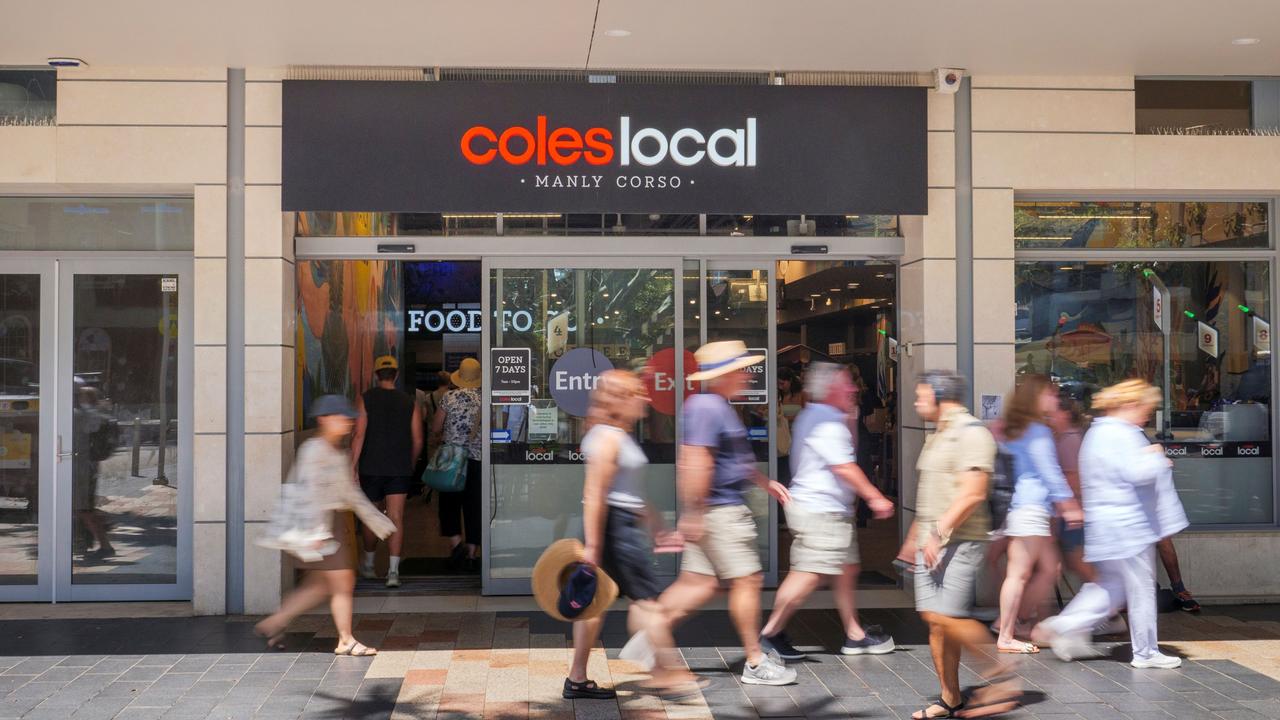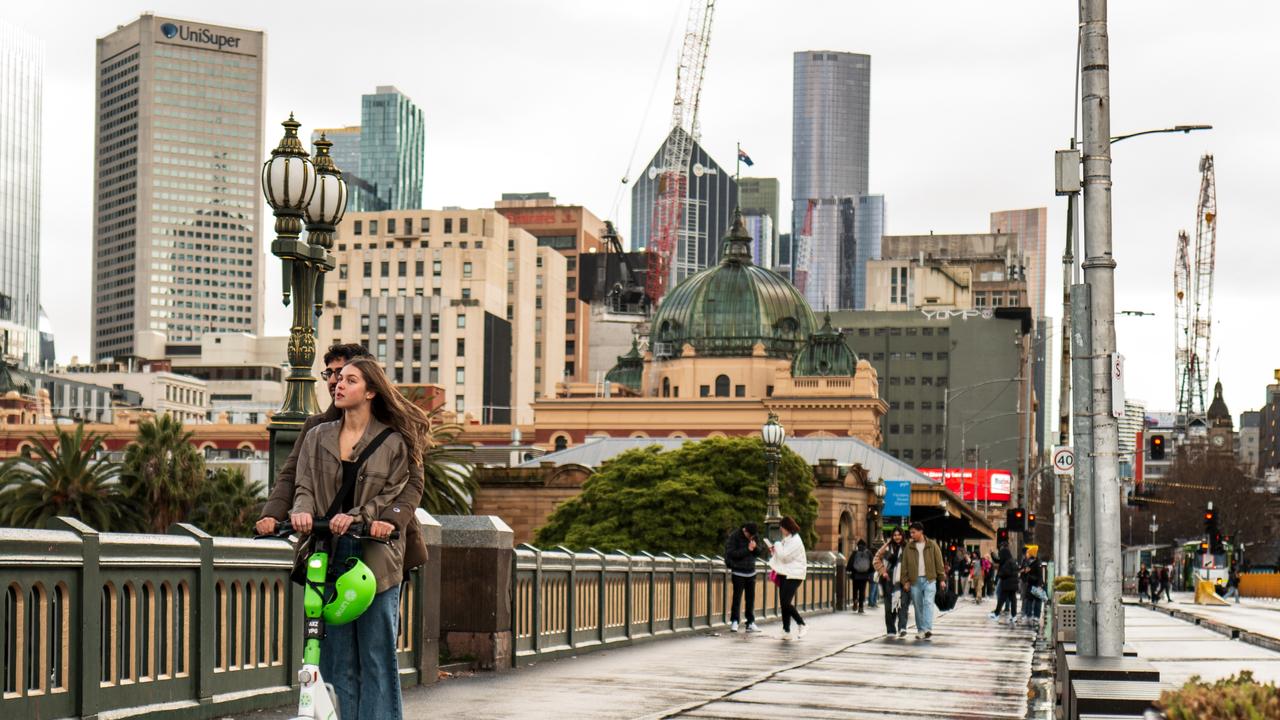‘An awful experience’ – the reality of air travel for people with disabilities
Mandatory wheelchair spaces, hoists at every gate, and basics like bathroom access are just some of the changes needed, as a new campaign about how hard it is for people with a disability to fly is launched.
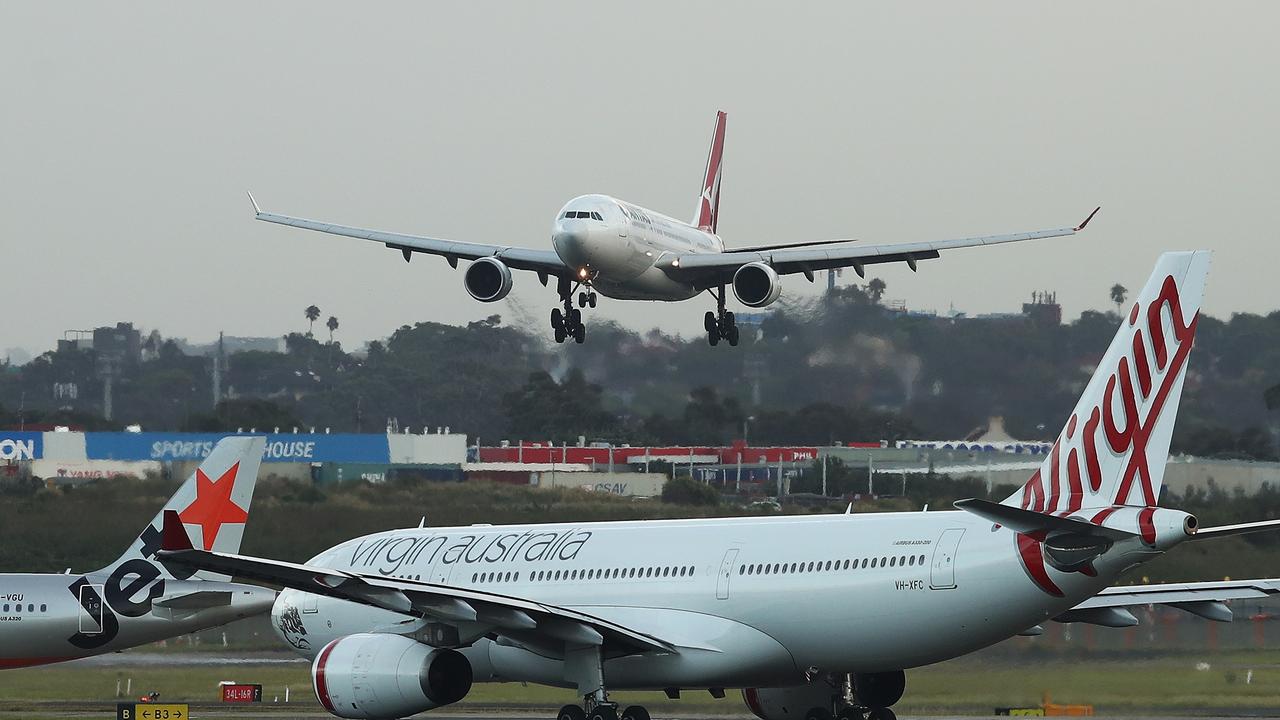
Business
Don't miss out on the headlines from Business. Followed categories will be added to My News.
Sitting in economy on a flight can be a feat of endurance for many travellers, and much more so for those with a disability, providing they can even board an aircraft.
After years of bad experiences with air travel, disability access advocate Shane Hryhorec has teamed with international “right to fly” campaigner Sophie Morgan to raise awareness of the issues facing disabled passengers, and to pressure governments to act.
Mr Hryhorec said simply booking a domestic flight was an ordeal in itself, not to mention the actual airport and airline experience.
“It’s quite emotional really, I and other people with disabilities have just been putting up with awful treatment and discrimination for too long,” he said.
He gave the example of a recent “awful experience” when he called up an airline to add his service dog to a booking.
“I spent an hour on the phone and to be blunt, I was made to feel like shit. At the end of it, I was so emotionally exhausted,” Mr Hryhorec said.
“The airline was like, just fill out this online form, so I filled it out and when I got to the airport they said ‘we didn’t receive your form so you can’t travel with your dog’.”
No airlines or airports were better or worse than the others in Australia, Mr Hryhorec said, which was why they were seeking government action to impose minimum standards.
“We would like to see mandatory wheelchair spaces, hoists at every gate, and comprehensive staff training on how to support passengers with disabilities,” he said.
“These standards should be developed in collaboration with people with disabilities from diverse sectors to ensure they address the real issues disabled passengers face.”
Although the federal government white paper on aviation highlighted disability access as an area in need of attention, there had been no moves to consult or establish an expert panel to advice regulators.
Mr Hryhorec said every single interaction point had issues, from the booking process to being dropped off at the airport, checking in and going through security to boarding.
Once on an aircraft, people with disabilities faced further challenges if they needed to use the toilet, which were often barely large enough for able-bodied passengers.
“Myself along with other people, we just don’t eat or drink before flying because you want to reduce the chance of needing to use the bathroom,” he said.
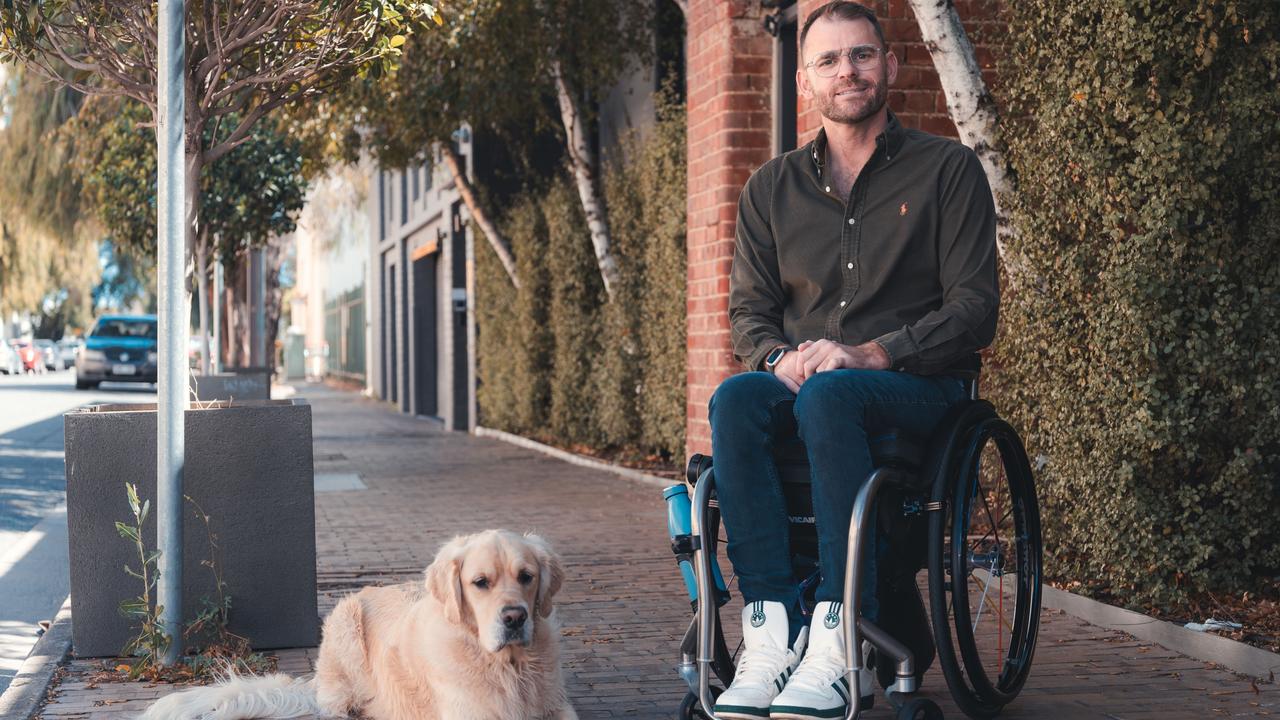
Among those supporting the campaign to mandate disability access to flights, was Dr Dinesh Palipana who was tipped from his wheelchair at Brisbane Airport; Australian of the Year Dylan Alcott who was left stranded on an aircraft and Kurt Fearnley who had to crawl through an airport terminal due to a lack of accessible facilities.
Lisa Feder, the acting chief operating officer for estara, the peak body for spinal cord injury in South Australia, said travel evoked “anxiety” for so many of their members.
“Consistent travel standards across air travel will support a predictable experience,” she said.
A Qantas spokeswoman said they were very supportive of having a policy framework that helped airlines, airports, regulators and suppliers to improve accessibility for all travellers.
“We know there’s more work to do to improve accessibility across the aviation industry, and we’ve been working hard to address this through our access and inclusion plan, and implementing dedicated teams to assist customers with specific accessibility requirements,” said the spokeswoman.
Virgin Australia was also engaging with government and industry on accessibility matters as well as examining all stages of the customer journey, through the lens of access, safety and dignity.
“We recognise there is work to be done involving stakeholders from across the aviation ecosystem, including airlines and airports, to improve the travel experience for guests with a disability,” said a Virgin spokesman.
In an effort to pressure the government, people were encouraged to share their personal stories to the campaign website at shanehyrohec.com/campaigns/ which would be sent to the Prime Minister and relevant state ministers.
“The timing of the campaign is deliberate,” said Mr Hryhorec.
“With the holiday travel season highlighting the frustrations of disabled passengers, the campaign amplifies calls for government action.”
More Coverage
Originally published as ‘An awful experience’ – the reality of air travel for people with disabilities




